“The girl instrumentalist who looks forward to employment in a ranking symphonic organization today, will find that the decisive factors are musicianship and character, and not at all the fact of her being a girl... character is of equal value with musicianship, and auditions are calculated to probe the candidate’s self as well as her playing. The girl who is out for a gay time won’t get very far-- neither will the one with a pugnacious determination to ‘put men in their place.’ The right type is neither too vivacious nor too austere, but a balanced, responsible, right- thinking, right-acting human being with her eyes and her mind on the job... Ideally, the girl who wants orchestral work should be told to play whichever instrument she likes best. In some cases, however, the ideal must be tempered with the practical. This means that instruments requiring physical force are a dubious choice, partly because women lack the strength for them, partly because the spectacle of a girl engaging in such physical exertions is not attractive. There are women who play the heavier brasses, the contra-bass, the big drum, but their employment chances are slimmer. The orchestral manager, thinking in terms of full audience enjoyment, is reluctant to hire a player whose appearance gives off a feeling of forcing or of incongruity.”
So where are we today? Certainly, looking at the experiences of women like Abby Conant (http://www.osborne-conant.org/ladies.htm), and reading comments made by members of the Vienna Philharmonic in 1996 that Herr Rudorff would have endorsed in 1881, it seems like nothing has changed. In reality, though, women are actively accepted in most major orchestras and certainly as soloists. And that brings me back to the start of this talk, flipping through cd’s in the record store. So let's compare some images of contemporary men and women soloists.
Two recent recordings of Vivaldi's "Four Seasons":
All the artists shown have reached a high level of achievement in their careers. Why aren't the women shown in equally powerful or engaged positions?
Women have come a long way towards full acceptance as performers. But in being presented the way they are above, I ask you to consider: Is this true progress? Or is it the fulfillment of Rousseau's dream?
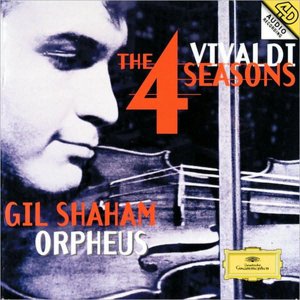
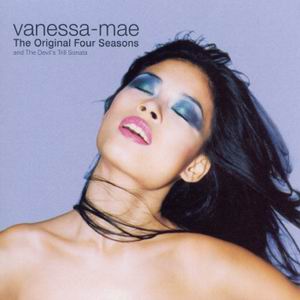


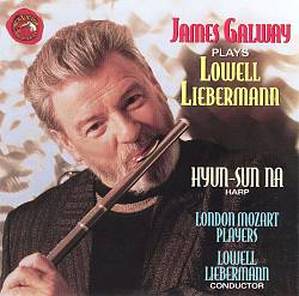
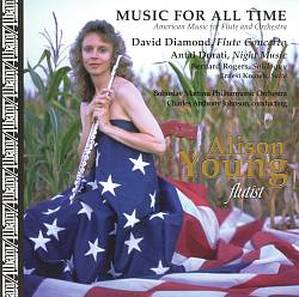
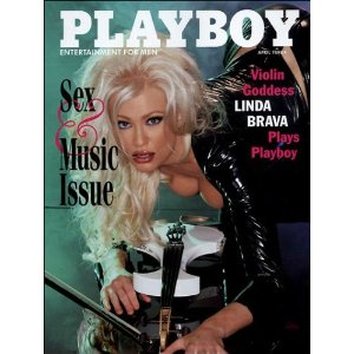
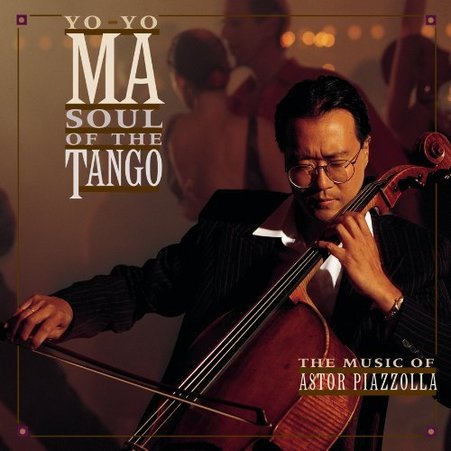
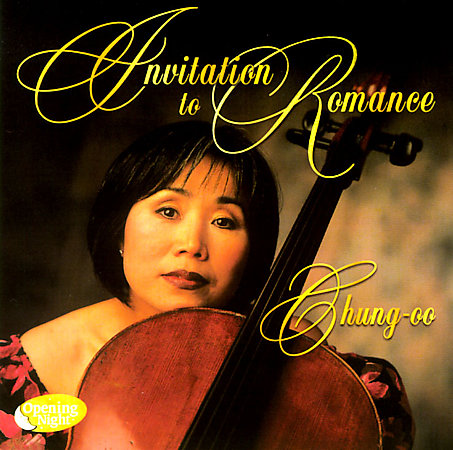
 RSS Feed
RSS Feed